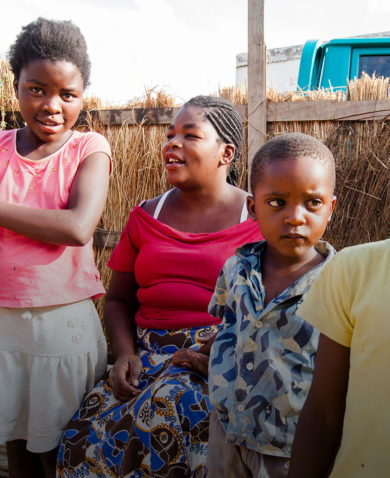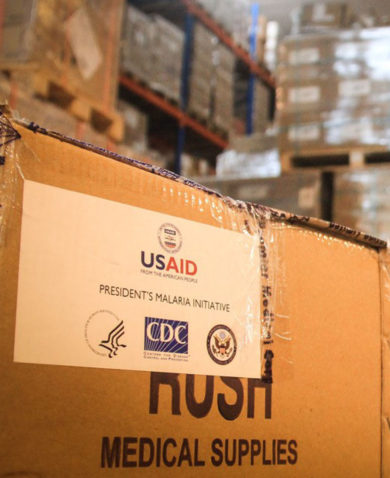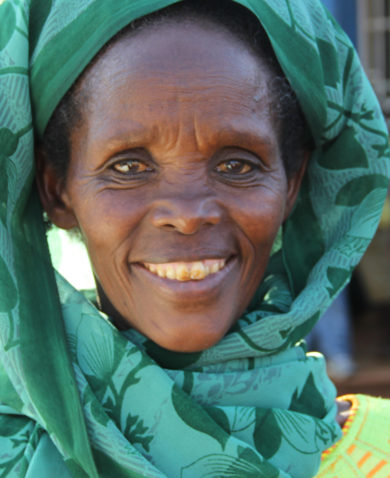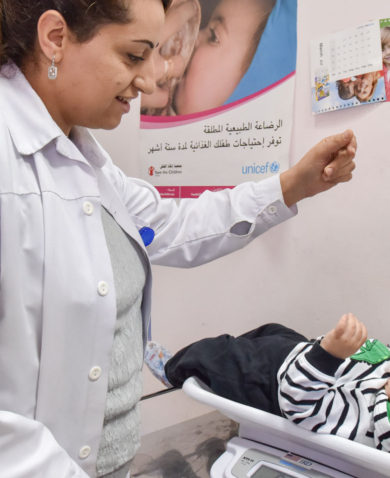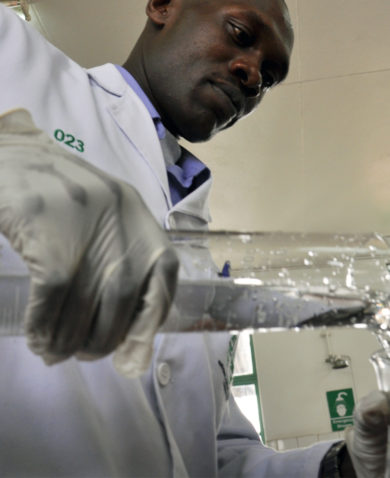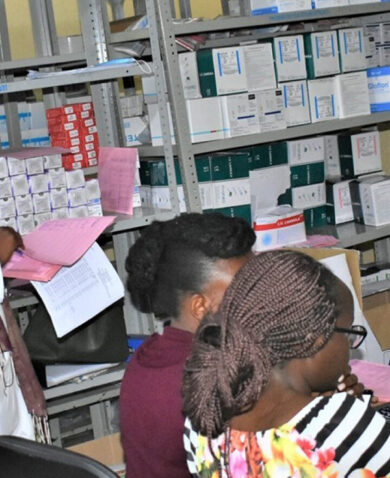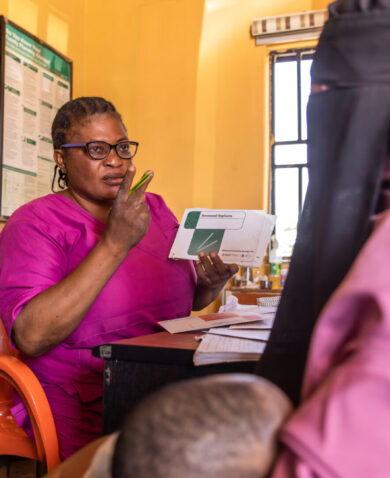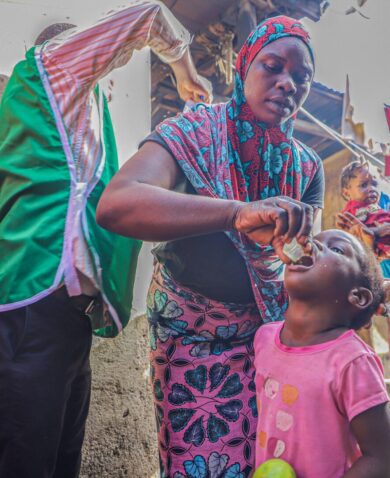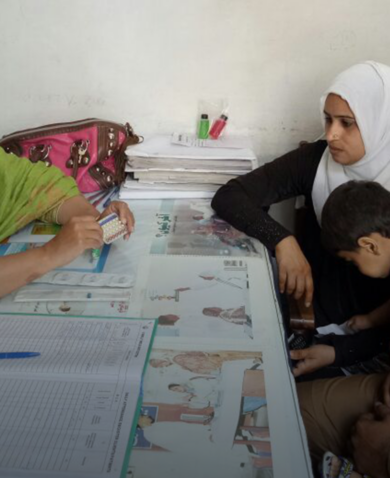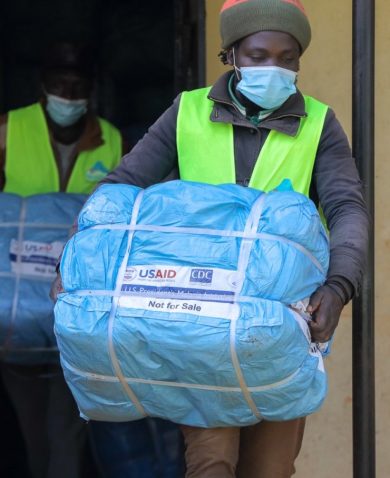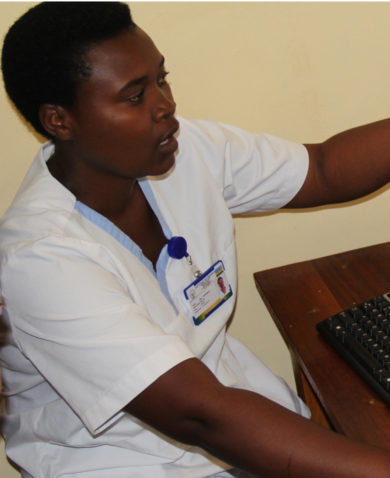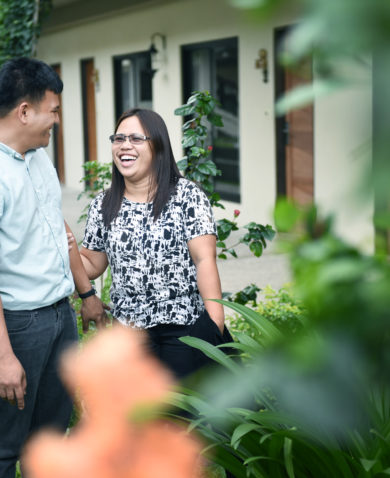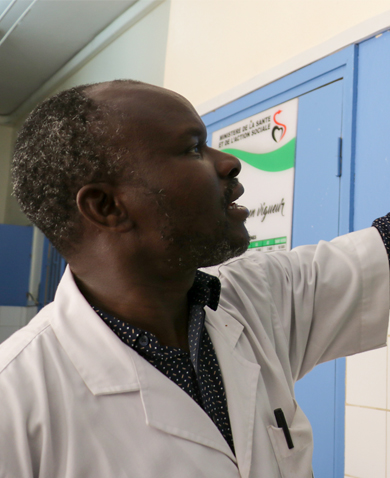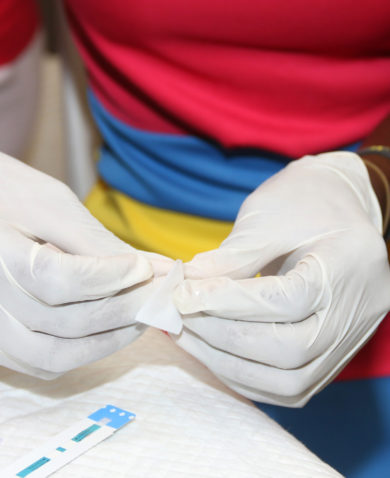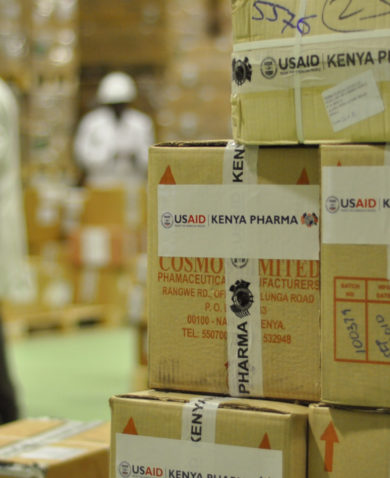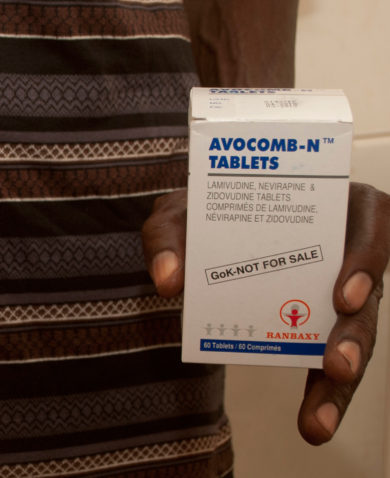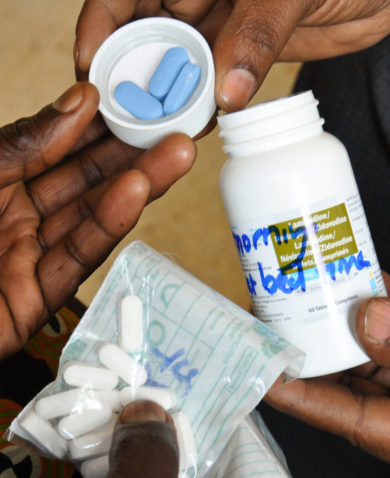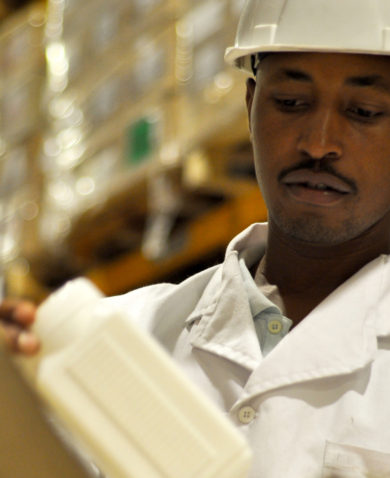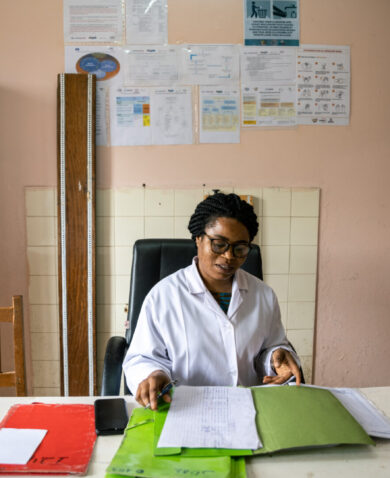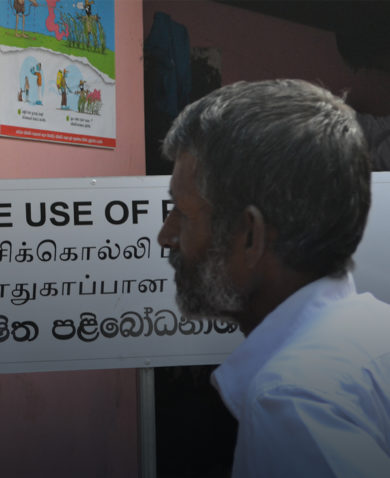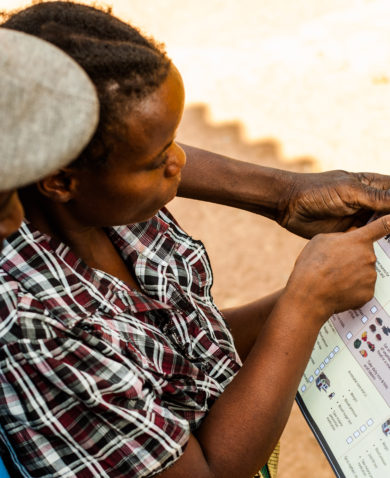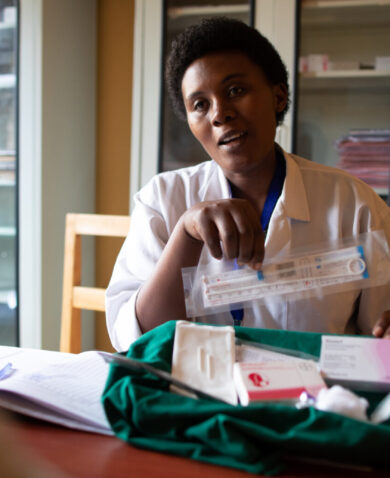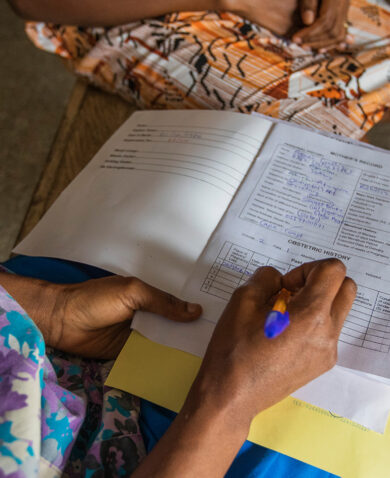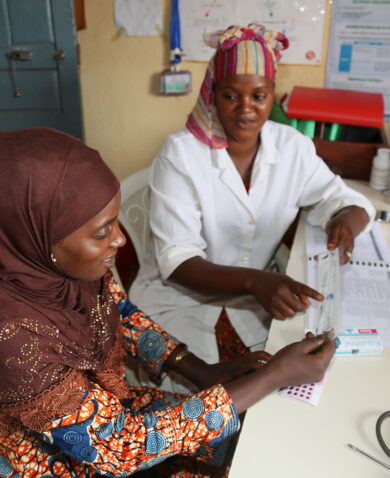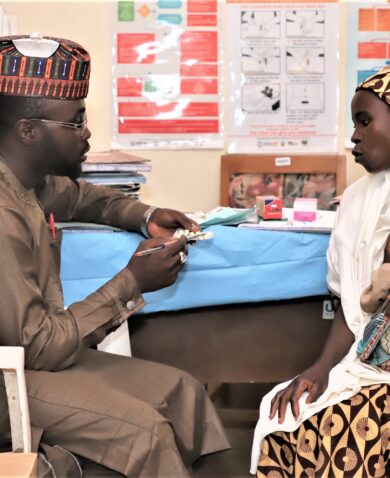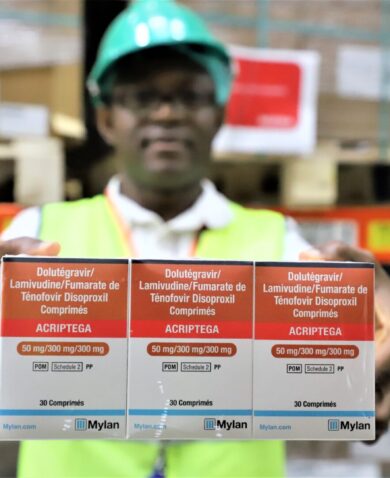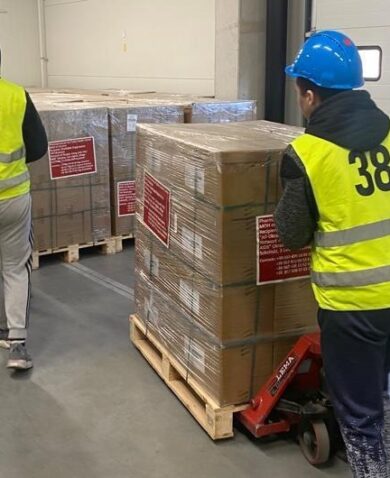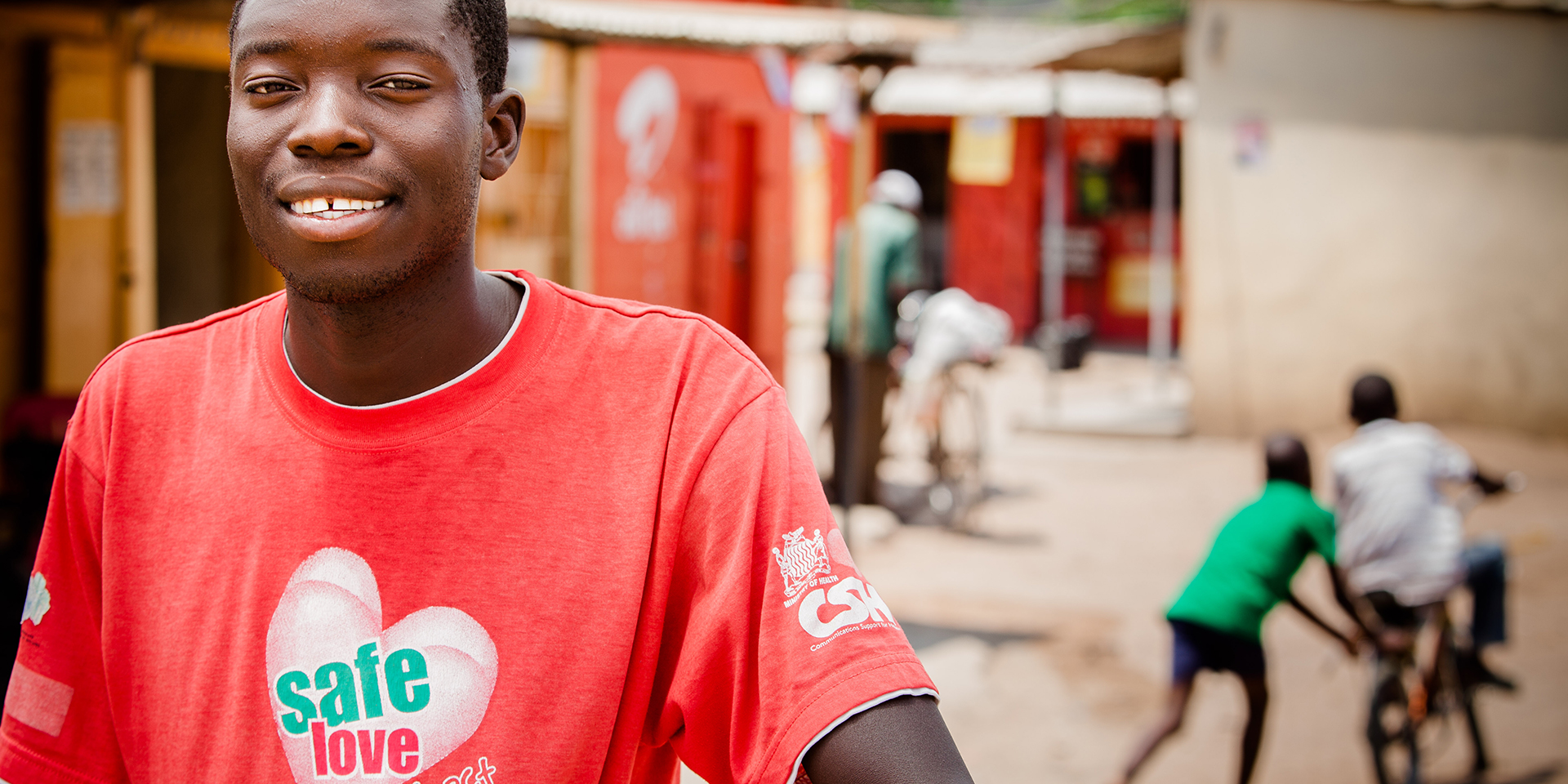
Safe Love: Breaking Taboos About Sex in Zambia
October 12, 2015 | 2 Minute ReadResults from USAID's "Safe Love" HIV Prevention Campaign in Zambia point to the power of good storytelling to start conversations and change behaviors.
Can social and behavior change communications (SBCC) actually influence people’s behavior in the real world? The results of USAID’s “Safe Love” HIV Prevention Campaign in Zambia suggest that they can, even when it comes to taboo subjects like sex. The campaign’s outcome evaluation also underscores the power of good storytelling that resonates with real people and their daily lives.
In Zambia, years of safe-sex public service announcements had done little to address the main drivers of HIV/AIDS in the country, such as low condom use. “Safe Love” started out by conducting focus groups to better understand the cultural dynamics at play in low condom use and other risky behaviors. The insights CSH gained — such as that men considered condom use to be a sign of weakness and women felt uncomfortable asking men to wear condoms — helped the program target its messaging. For example, to address the stigma of condoms being “unmanly,” CSH challenged men with the slogan, “Are you man enough? Use condoms every time” (see below), and created TV ads featuring local male celebrities.
The most ambitious and successful element of the campaign was a weekly TV drama called “Safe Love,” which follows the lives of five modern women as they search for love in the age of HIV/AIDS. Bringing together a cast of locally known actors, the show encapsulated all of CSH’s safe-sex messages in stories about characters and situations that resonated with Zambians and Africans more widely. No component of the “Safe Love” campaign was more successful than the award-winning TV show, which garnered more than 20,000 likes on Facebook and became a topic of discussion throughout the country, especially in urban areas.
Results of the “Safe Love” campaign (including but not limited to the TV series) can be seen in this poster, which I (Melissa Rickman) will be presenting at the South African Monitoring and Evaluation Association Conference in Johannesburg, South Africa, and at the American Evaluation Association Conference in Chicago.
The success of the “Safe Love” is a reminder not to underestimate the power of good storytelling to break taboos and get people talking about healthy attitudes and behaviors. As the campaign’s outcome evaluation says: “Most of the effects found are likely due to mass media, but a particular kind of mass media that characterized the Safe Love campaign: one that encouraged the audience to engage deeply with the lives of characters and situations, reflect on their own lives, and discuss what they had seen or heard with their partners, family, and peers.”







